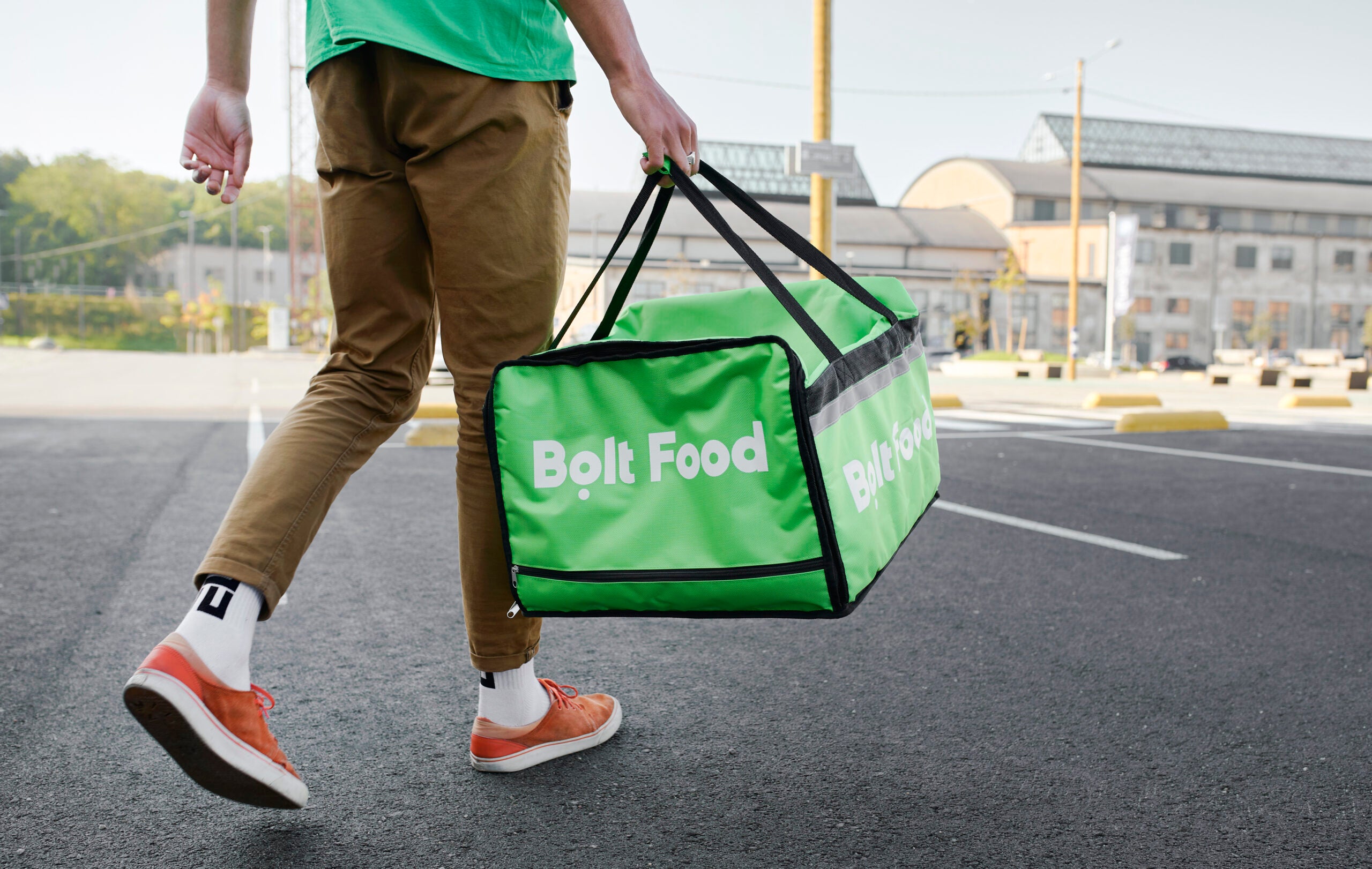
Estonian mobility startup Bolt has raised €600m to help fund the expansion of its grocery delivery business in a round doubling the company’s valuation to €4bn ($4.74bn).
The round is four times larger than its previous record €150m round raised in December 2020, which at the time valued the company at $2bn.

Access deeper industry intelligence
Experience unmatched clarity with a single platform that combines unique data, AI, and human expertise.
Investors in the latest round included venture capital firms Sequoia, Tekne, Ghisallo, G Squared, D1 Capital and Naya.
A number of consumer trends – including convenience, social media, online shopping and people wanting to spend time at home – have contributed to the growing popularity of food and grocery delivery startups, as highlighted in a recent GlobalData thematic research report.
Founded in 2013 as Taxify in Tallinn, Estonia, the company has grown to operate in more than 300 cities in 45 countries in Europe, Africa, Western Asia and Latin America. It claims to have 75 million customers globally.
“Bolt’s mission is to make urban travel affordable and sustainable,” said Bolt CEO and founder Markus Villig. “We are building a future where people are not forced to buy cars that cause traffic and pollution, but use on-demand transport when they need it.”

US Tariffs are shifting - will you react or anticipate?
Don’t let policy changes catch you off guard. Stay proactive with real-time data and expert analysis.
By GlobalDataLike its larger rival Uber, Bolt has diversified from a core ride-hailing business to provide a range of alternative services. They include car-sharing with Bolt Drive, food delivery with Bolt Food and e-scooter and e-bike rentals.
Its latest step to becoming a so-called “super app” is the launch of its grocery delivery service, Bolt Market.
Bolt Market will be rolled out to 10 European cities over the next month, including in Portugal, Croatia, Sweden and Romania.
The company is entering a highly competitive market. Startups are battling to offer faster and faster delivery times, in some cases as quick as 15 minutes. Flush with billions of dollars in venture capital, these startups are able to subsidise delivery costs in a bid to secure a larger share of the market.
Bolt’s new €600m war chest will be key to keeping pace with the likes of Getir, which was valued at $7.5bn in June.
Villig told CNBC that his company will require “billions” of euros “over the next years” to fund its expansion.
It is a stark change in stance from the 27-year-old, who previously described the amount of venture capital pumped into transportation startups as “absolutely ridiculous”.
During a tour of the firm’s Tallinn headquarters in March 2020, Villig told Verdict that Bolt’s frugality meant it “[doesn’t] need to raise that much funding to grow”.
Verdict has contacted Bolt to ask why it has shifted its position on funding to fuel growth.
It is likely that the pandemic is a significant factor, with lockdown restrictions blowing a huge hole in the revenues of ride-hailing companies. Uber, for example, reported a 50% drop in gross bookings last year for its taxi business. But the company, which is yet to turn a profit, was able to narrow its overall losses thanks to a boom in its food delivery division, which saw gross bookings grow by 130%.
As a private company we do not have the financials of Bolt to compare, but Villig has said lockdowns led to an 80% drop in ride-hailing activity.
The explosion in demand for takeaway and grocery deliveries may also go some way in explaining the shift from Bolt. Catching the likes of Uber Eats and Deliveroo will require “huge” capital investment, Villig told CNBC.
“We realise that we do need to raise billions of funding over the next years to accelerate here. Otherwise, it’s just going to be too slow to move on our mission.”







